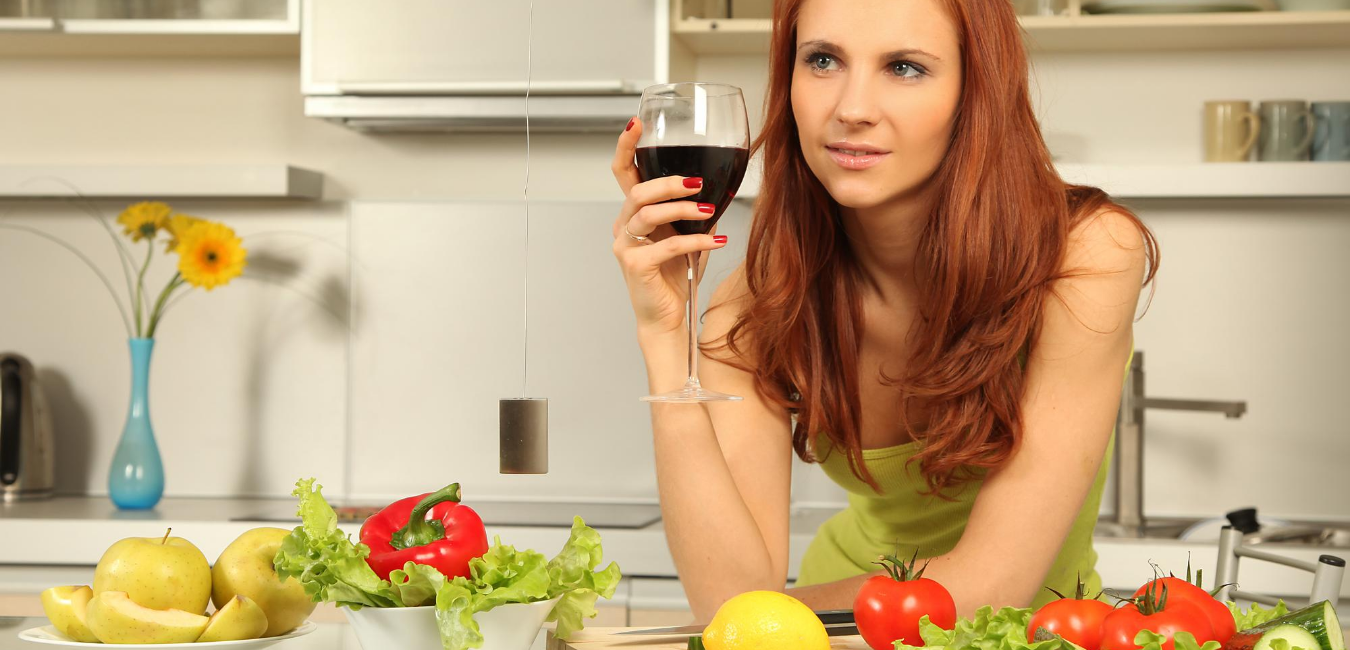
Firstly, I want to let you know that I am not about restrictive dieting.
I am definitely a believer that there should be balance in all things and to be quite honest I find nutritional zealots a little bit disturbing.
I do think that food can be used as medicine though. In fact, it can be the most powerful medicine long term.
I also have the philosophy that you have to eat anyway right? May as well make it something that makes your brain and body function at their best.
And then there are the sometimes foods and my personal favourite, a fine Barossa Shiraz.
There is a good reason they are sometimes foods though because having them everyday will not result in good health.
Mostly good nutrition, plain water for hydration and the occasional sometimes food.
Your body is worth the effort, YOU are worth the effort.
Food and PMS
We know from heaps of research that in general a low sugar, low caffeine, low dairy, low processed food, high veg diet with moderate protein and plant fats will improve PMS symptoms.
The nutrients in the veg improve energy levels, contribute to reduced inflammation and contribute to making happy neurotransmitters which improve your mood (for which everyone around you will thank you).
These nutrients are also fantastic at supporting your liver detoxification pathways which will help your body process any hormone overloads – or any other overloads.
The complex carbohydrates that are found in plants like potato (yes, potato – gasp!), sweet potato, rice, quinoa are great building blocks for hormones.
Dairy, sugar, high caffeine and processed foods on the other hand contribute to increased inflammation, decreased mood through the way they interact with your neurotransmitters all of which ends up with crankiness and pain.
This is especially true in teenagers who have only had their period for a few years. The brain and the ovary take a couple years to establish a really good conversation which is why sometimes periods can be erratic at this time. Really good nutrition will help any period related issues that teenagers are having.
Food and endometriosis
Look, this really deserves a blog all on its own and that is coming down the track.
In short, we know that endo is an inflammatory disease that is influenced by hormones. We also know that the microbes that hang out in the gut of women that have endo are often different and less diverse than those women without endo.
There a LOADS of women that have been diagnosed as IBS that actually have endo.
In my clinical experience usually woman with endo have got some sort of gut disturbance. The phrase “endo belly” exists for a reason.
With endo its all about how to reduce the inflammation so those are the kinds of foods that we concentrate on. I do often find there are sometimes trigger food that can cause IBS like symptoms in endo women so it’s a case of trying to avoid the trigger foods while we are doing some gut healing and then slowly introducing back and monitoring.
In general with endo, a high veg diet, gluten free, dairy free diet is where we start to help inflammation levels and to improved microbe diversity.
Food and PCOS
Food in PCOS can be one of the most important and effective interventions.
Many women who have PCOS also have some problems with insulin resistance and insulin sensitivity. Not only is it that this is a problem, this can perpetuate the symptoms and result in increased cravings and weight gain for some women.
And like endo, we know that PCOS involves inflammation and recent studies suggest that there is a different gut bacterial diversity at play as well.
This brings us to a diet that is low in processed foods, particularly ones relating to refined carbohydrates like sweet foods, breads, pastas, crackers, most breakfast cereals etc.
We need the beautiful veg to dampen down some of that inflammation, lean protein sources to keep you full and to help muscle repair and plant-based fats for your ovary and brain health.
Plant carbohydrates should be included but in moderate forms and they should ALWAYS be the whole grain form.
(Little word of note here than in Australia you can call something a wholegrain if it includes the three parts of a grain. They don’t actually have to be together, they can be all smooshed up and then squeezed in a brick shape. That is NOT the wholegrain I mean.)
Food and menopause
First of all ladies, let me tell you I’m standing by your side on this one. Its not all bad, we just have to be honest with ourselves and realise that we might need to pay a little bit more attention to stay healthy.
As we age our insulin sensitivity drops a little bit so like our PCOS sisters, we need to be mindful of the amount of processed carbohydrates we eat. Our body does not break them down the same way that it used to and that can contribute to weight gain.
We also have a much harder time holding on to muscle so protein becomes our best friend and is crucial for us to be consuming in good amounts.
Again, lots of veg is super important. Not just because of its beautiful anti-inflammatory, liver supporting, gut supporting role (remember, these are not working as well as when you were 20), but because a diet high in leafy greens has also been associated with better bone density. Betcha they didn’t tell you that in the Caltrate ads! One day we will get into the calcium discussion but for today let’s just say you do not need to have bucketloads of calcium in order to keep your bones strong. There are SO many factors to bone health and calcium is just one.
If you get hot flushes then alcohol might not be your best friend and keep an eye on how edgy you are feeling because coffee may also stop being mates with you for a little while too.
Its possible that your gut microbes might change a little bit so you might need to experiment with different types of veg and plant fibres to find what suits if you are getting gut problems.
The bottom line
I’m pretty sure that you sense a theme for food in all of these conditions.
If I was to sum it up, I would say a whole food diet that is;
- heavy on veg with moderate protein, some whole grains or legumes and good plant fats.
- Very light on processed foods. If you are ever in doubt about if a food is processed then think about how many steps away from its natural source it is. Any more than about 3 and its processed.
And of course, when food is not enough come and see me and we can utilise some beautiful herbs and nutrients to help.
Happy eating for health peeps!
Wendy
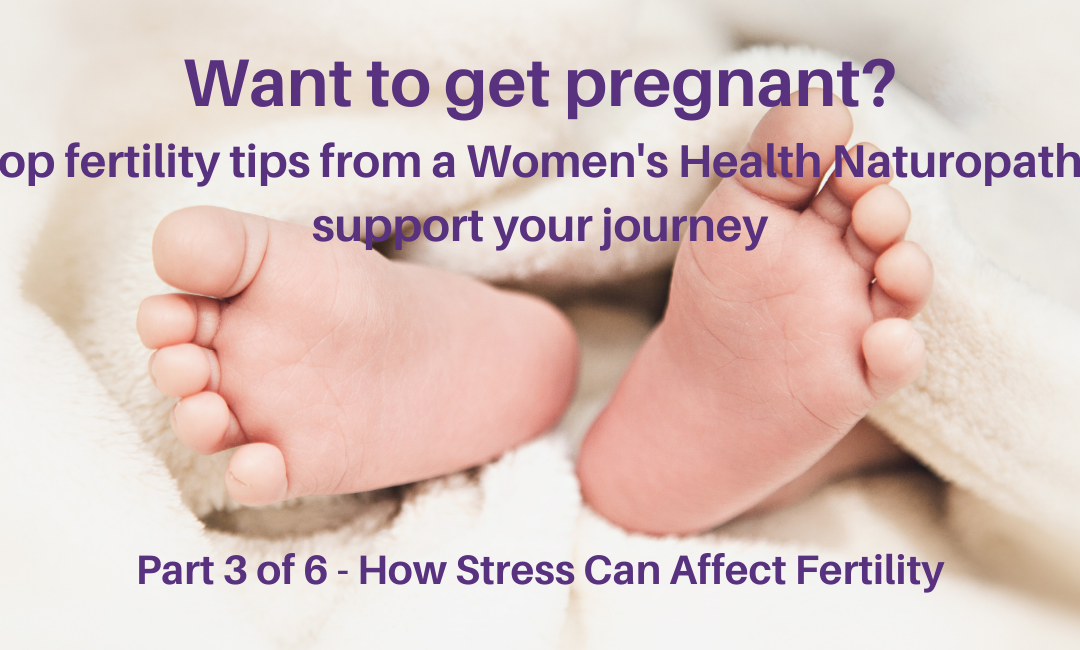
Fertility Support Part 3 – How Stress Can Affect Fertility
So here it is..... the big S word. You knew it had to be there somewhere. This is the third part of the six part series on natural fertility support that I wrote for Soul Spectrum, the wellness centre that I work from in North Lakes. Its all about how stress can...
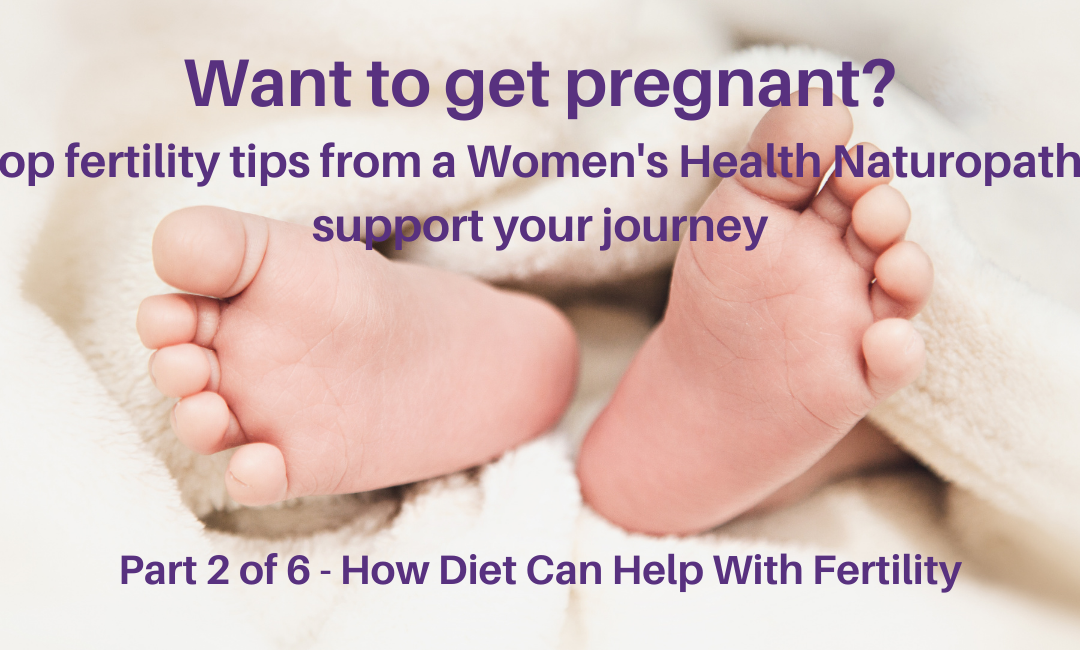
Fertility Support – Part 2 of 6 How Diet Can Help Fertility
This has to be one of my MOST favourite things to talk about. I love food and I love all the things that food can do for your body. Having a background of once being very unhealthy and having a very poor relationship with food to embracing wholefoods and exercise, I...
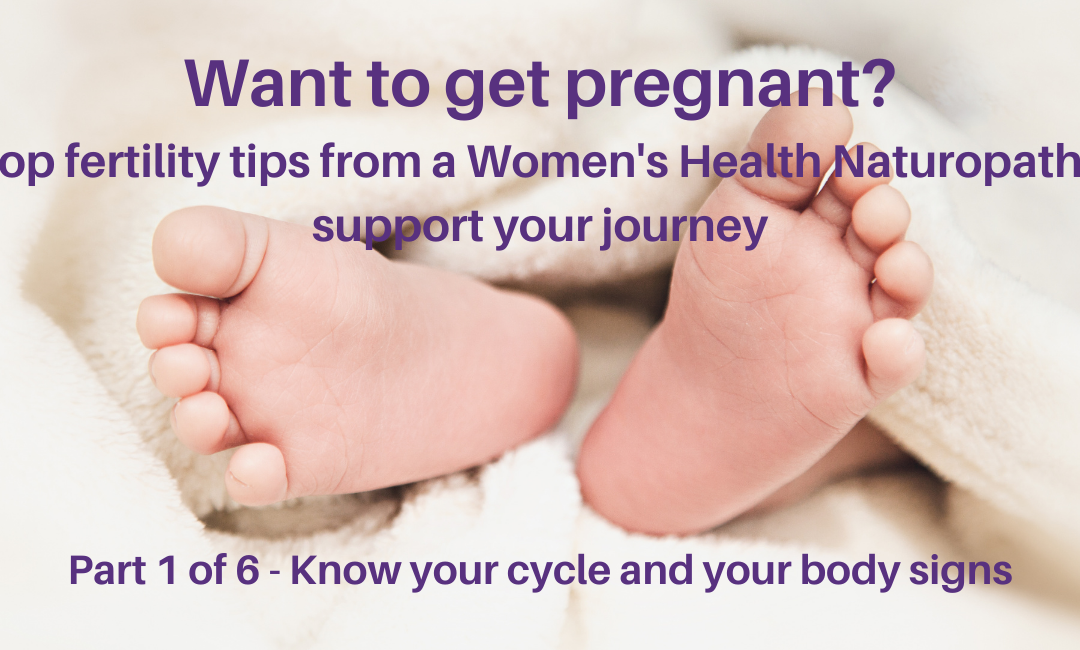
Fertility Support – part 1 of a 6 part blog
If you have ever wondered what the top words of advice would be regarding pregnancy support from a Women's Health Naturopath then the next couple series of blogs are for you! These blogs actually appear on the wellness centre that I practice from, Soul Spectrum at...
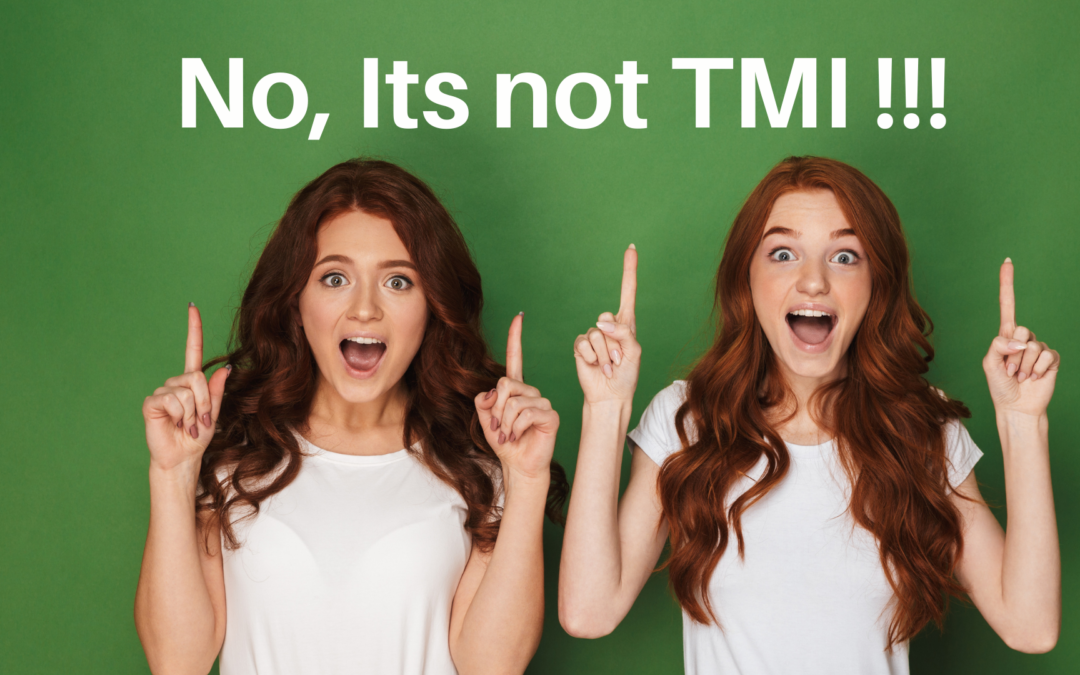
NO! ITS NOT TMI !!!!
No – there is no such things as Too Much Information when it comes to periods. We have to talk about it so we know what is normal and what we can do about it if it isn’t normal.
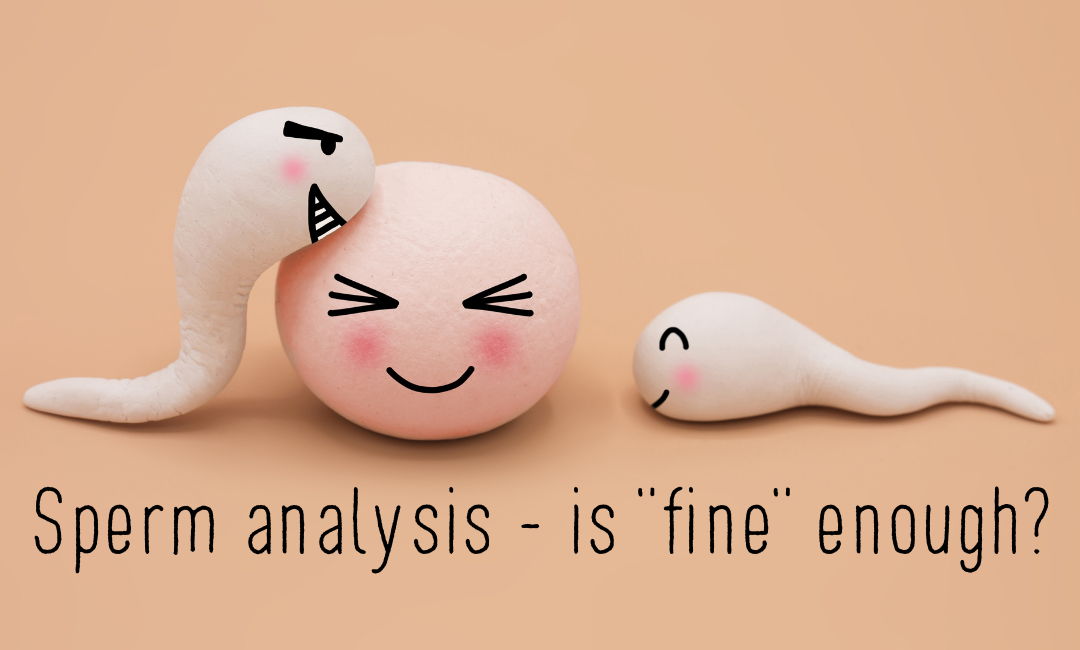
Sperm Analysis – the reality about the ranges used
This blog is a really useful one if you have had a bit of a hiccup in your fertility journey. It goes over how the sperm analysis ranges came to be and why just being “fine” may not be enough.

The Truth About The Pill – Part 1 Teenagers
In this blog we explore the main reasons that teenagers are put on the pill and why the pill will not actually address these concerns.
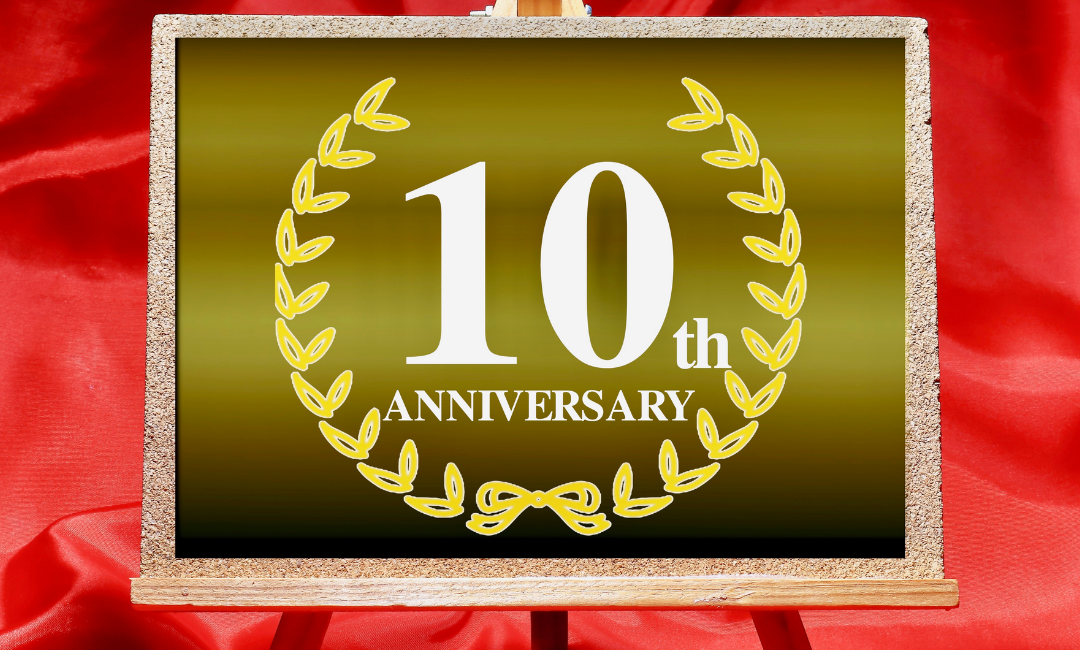
10 years after a 45kg weight loss – what have I learnt?
I know that social media gets a bad wrap sometimes but one of things that I do love about Facebook in particular is the memories that come up in your feed. This week I had a memory come up that made me think. A lot. It was a picture of me and one of my besties out to...

Mindful Eating. Improve your health and weight.
Being in the moment, mindfulness, mindful practices – they have all received a bit of attention of late. We are starting to realise that our inability to focus on what we are doing at the time can contribute to a whole host of issues in relation to our mental health....
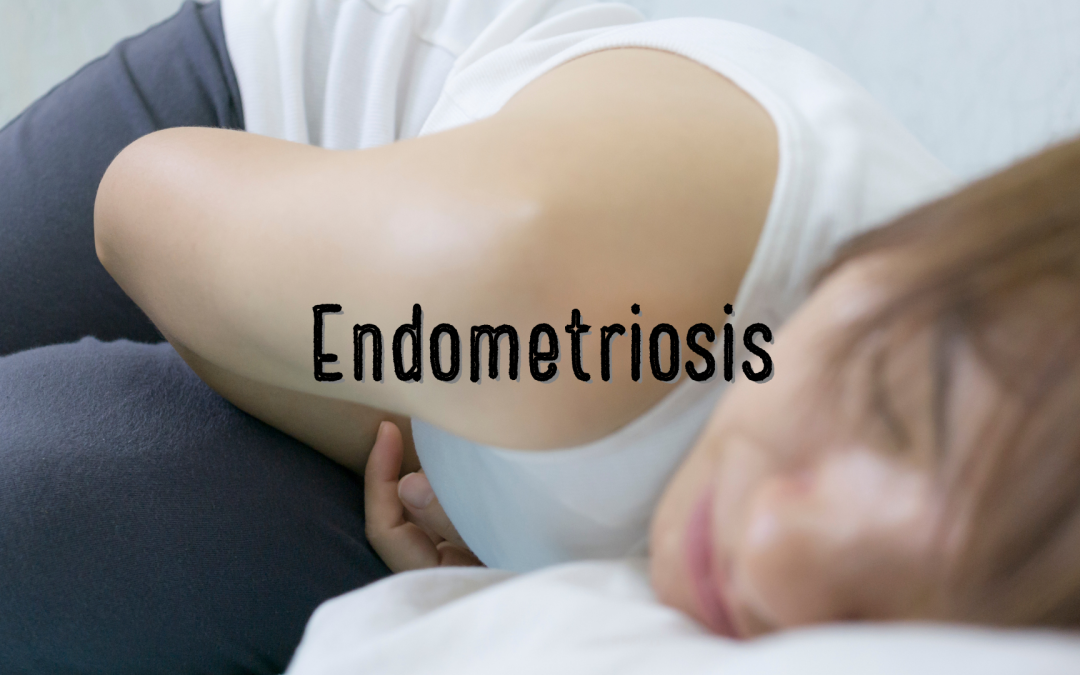
Endometriosis – Not the same stuff you already know
I think its fair to say that the recent research in regard to endometriosis has helped us understand that endometriosis is not just a hormonal condition so this blog will go beyond the commonly known things. Thank god there has been tireless campaigners for research...
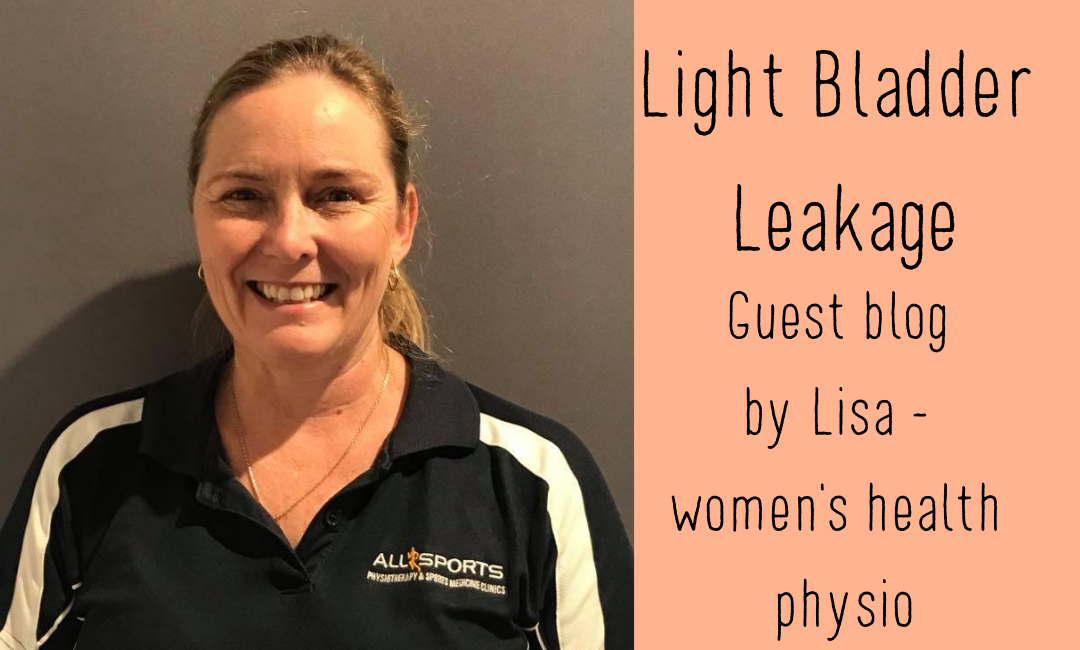
Light Bladder Leakage and Urinary Incontinence – Guest blog from women’s health physio Lisa
Light Bladder Leakage - Is this “normal”? • 1 in 8 women leak when they laugh. • Around 50% of women will leak urine in the last few weeks of their pregnancy. Do you find yourself with wet underwear during a workout session? (And the reason is not because of sweat!)...
